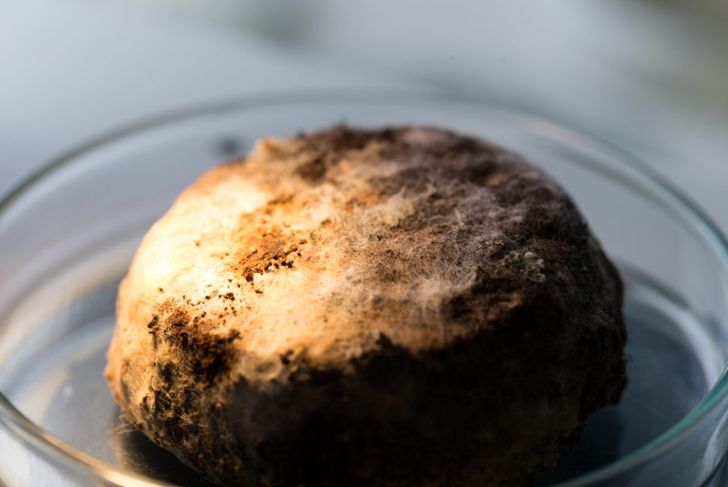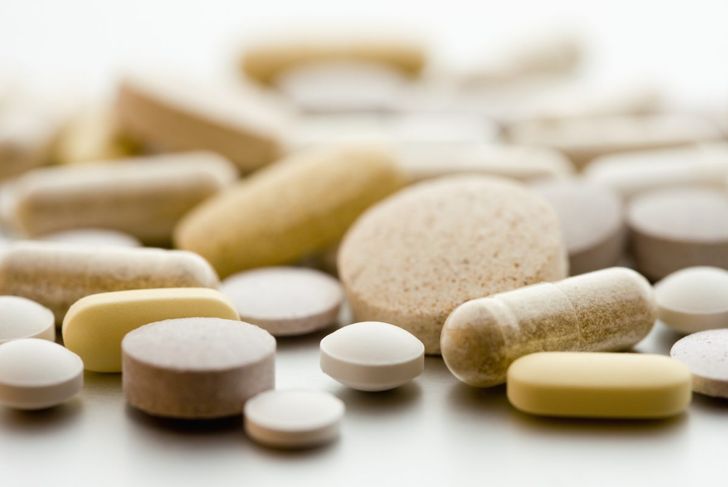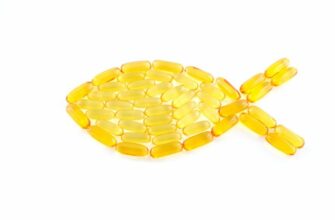Citric acid is found in animal tissues and many fruits. Commercially manufactured citric acid is widely used in food and beverages to marinate meats, prevent botulism, and add zest to soft drinks and candies. Many cosmetic applications utilize the antioxidant capabilities of this compound, as well. Although citric acid is not considered an essential nutrient, supplementation can be protective against certain conditions. However, the compound can also interact with many medications and cause serious health complications in excess.
Citric Acid and the Krebs Cycle
Citric acid is an integral compound in the citric acid or Krebs cycle, one of the most important physiological sequences for life. This process is the final step in the oxidation of amino acids, carbohydrates, and fatty acids. Its chemical reactions produce almost two-thirds of all the energy used by cells in humans and many other organisms.
Where It Comes From
Many people assume that the citric acid added to products derives from citrus fruits. However, extracting the component from fruit is prohibitively expensive and would not meet demand. About 99% of manufactured citric acid comes from fermenting sugar and the mold Aspergillus niger. This has raised concern, as A. niger is a known allergen. Although the mold is removed during the manufacturing process, some researchers worry that residue remains. Studies suggest that manufactured citric acid could trigger inflammatory reactions in some individuals.
As a Food Additive
Citric acid is one of the most common food additives, used as a natural flavoring and preservative in canned and frozen foods, sodas, dairy products, and wine. Its acidic properties make it difficult for bacteria to survive. Citric acid also acts as a buffering and chelating agent, adding stability to ingredients and preserving texture.
As a Nutritional Supplement
A doctor may prescribe citric acid in various forms, including sodium citrate and potassium citrate, to help increase alkalinity in the blood and urine. This is a common preventative and curative treatment for kidney stones and metabolic acidosis, a kidney-related condition. Citric acid also aids in the absorption of vitamins and minerals.
In Personal Care Products
Citric acid is a common ingredient in soaps, detergents, make-up, deodorants, and skincare products. The U.S. Food and Drug Administration has long regarded it as safe for topical use on infant and adult skin. In forms such as sodium, tributyl, and triethyl citrates, citric acid serves many functions in commercial products, including
- Astringent
- Oral care agent
- Emollient
- Hair fixative
Fights Oxidation and Inflammation
Oxidative stress and inflammation are largely behind the onset of many diseases, including heart disease, diabetes mellitus, and neurodegenerative disorders. Vast bodies of research indicate that citric acid can counter the activity of these illness factors by fighting free radicals. Studies also suggest that citric acid can enhance the antioxidant properties of other foods.
Help with Kidney Stones
Citric acid can help inhibit the development of kidney stones. It can lower urine calcium excretion and increase urine citrate levels. The compound binds to calcium to reduce calcium salt saturation in the urine. It also coats small stones; this prevents other substances from attaching to them and increasing their size.
Easy Ways to Consume More Citric Acid
Increasing the intake of fruits and vegetables is a good way to get more natural citric acid and other nutrients. Lemons and limes contain the highest levels of the compound; other citrus fruits, pineapples, strawberries, and cherries provide it as well. Aim for five or more daily servings of these healthful foods. Lemonade is a refreshing option for boosting citric acid consumption.
Citric Acid and Tooth Erosion
The citric acid in foods and beverages can wear away the enamel on the teeth, causing permanent tooth erosion. To avoid this, eat foods high in citric acid along with less acidic foods such as cheese, nuts, or brown rice. After consuming such foods, rinse the mouth with water. Wait an hour before brushing your teeth to allow saliva to wash away the acid naturally. Many experts encourage people to avoid holding beverages high in citric acid in their mouths. Using a straw or swallowing promptly is best.
Side Effects
In large amounts or in people with sensitivities, citric acid could induce numbness, swelling, rapid weight gain, cramps, mood changes, and muscle twitching. Citric acid supplements or medications might interact with diuretics, antacids, or heart or blood pressure medications. Ideally, everyone should speak to a doctor before making significant changes to their diets. This is especially essential for people with a medical history of the following conditions:
- Chronic diarrhea
- Urination issues
- Hypertension
- Cardiovascular disease
- Kidney disease
- Edema
- Stomach ulcers

 Home
Home Health
Health Diet & Nutrition
Diet & Nutrition Living Well
Living Well More
More




















